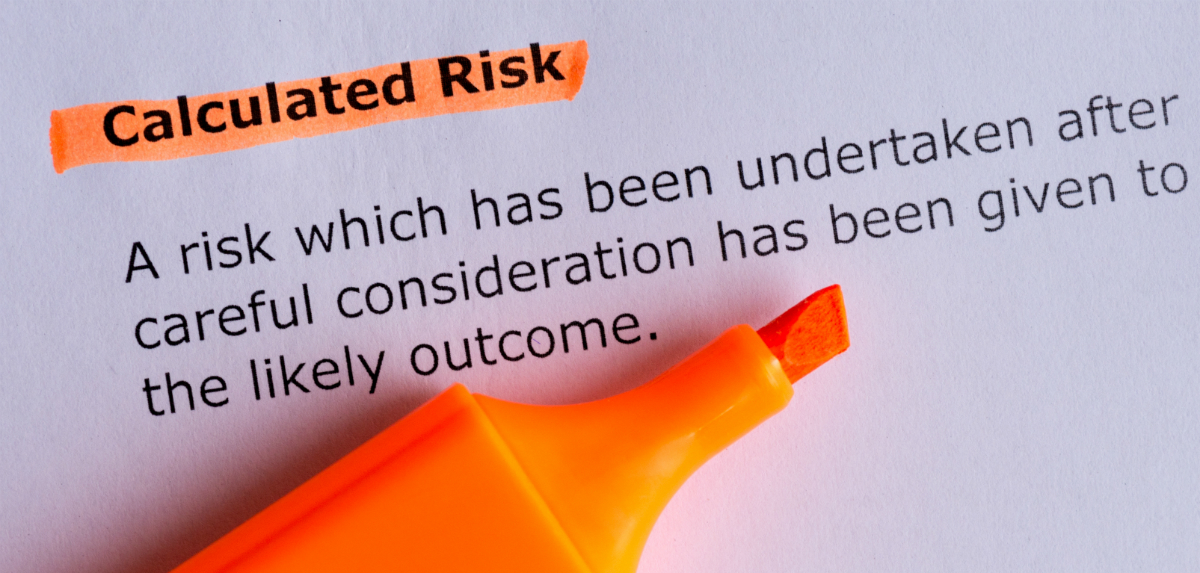There is something I need to remind myself of almost every day and it’s not pretty: I’m ignorant. It’s not on purpose, I do what I can about it, and yet I will always have a level of ignorance. Just like everyone does.
Most of us travel through life cultivating a dusty collection of known-unknowns in the corners of our minds. You know the sort. I’m talking about those issues that if you can put full awareness on them, they trigger the mental response of: I don’t know and I don’t want to know.
But to tip the old saying on its head: what you don’t know can hurt you. And if you’re an entrepreneur, then that hurt will extend to your business.
Insurance is one effective way to mitigate the risks of these unknowns. The problems arise when your insurance is itself an unknown!
Many entrepreneurs place their insurance in the too-hard basket which is, honestly, understandable. The average insurance product description can be up to 50 pages and people – especially business owners – are time poor.
Nevertheless, staying ignorant about your insurance has routinely disastrous consequences. I see them every week.
Today, we’re going to delve into ignorance. Specifically,
- the common sources of ignorance about insurance
- the risks you take by keeping your head in the sand
- how you can mitigate powerlessness through knowledge.
Do you know what insurance is? Are you sure?
A true understanding of insurance goes beyond knowing what’s in the contract you’ve signed. Insurance is, at its core, the holistic management of risk. I say ‘management’ here because risk isn’t always something to be avoided.
Properly managed risk can be the fuel that propels your business into future success. Often, this success is of a magnitude you could not have achieved if you had not taken that first ‘risky’ step.
The right insurance enables you to take such risks because it puts a net under the trapeze. If you fall, you have a safe place to land. Knowing this, you can swing out harder and reach higher without your creativity, passion and drive being hindered.
This is the real role of business insurance. Sadly, most people are ignorant of this fact – often, even insurers and brokers get it wrong. Many people see risk as something to be avoided altogether. They focus so hard on what happens after a claim that they fail to manage the risk factors that lead up to it.
Luckily, this kind of ignorance is easily fixed. The crucial first step is to start seeing your insurance as more than just crash protection. Instead, see your insurance as ‘risk management’. Make rational engagement with risk into a tangible element of your business strategy.
And it goes without saying, get yourself an insurance broker who respects the role of risk as a key ingredient in a successful business.
Insurance premiums too good to be true? They probably are.
Insurance companies are not charities. They’re there to provide cover that’s fair, reasonable, and priced accordingly. Higher risk equals higher price – it seems so obvious.
However, I see many cases where a business’s premiums were too low and they only found out what this means when the time came to put in a claim. They suddenly face the fact that low premiums meant there were gaps in their cover. Sometimes these gaps are so big the whole business can fall through.
Conversely, if your premiums are too high it’s also a red flag. Either:
- You don’t fully understand the risks associated with your business
- Your insurer doesn’t understand your business’s risks, and you’re losing money, which, I think we can all agree, is never a good thing!
It can be all too easy to ignore the numbers when it comes to insurance, particularly if you feel like you’re getting bargain rates. But maintaining this particular ignorance is often catastrophic.
Businesses routinely collapse because something fairly mundane has happened whose risk they had not mitigated and which wasn’t properly covered by their insurance. It’s essential that you learn the risks associated with running your company and ensure your insurance covers them all.
If you’re unsure how much your business ought to be charged for insurance, a good preliminary check is to gather up advice from a handful of providers and brokers. I’ll happily be part of your round up.
Anyway, if their quotes don’t match what you’re currently paying, then you should work to patch the proverbial leak before it becomes a flood.
Examining your ignorance is more rewarding than you might think
Everyone is ignorant of something. None of us knows everything. It’s impossible. There’s a certain power to accepting this truth and working with it.
By examining your own confirmation bias, you’re not only mitigating the risks your company might face, you’re also giving yourself the power to strengthen your business practices. Being well-versed in risk gives you the confidence to make decisions you might otherwise shy away from. And it’s those risky decisions that make for a groundbreaking business.
Not to imply that facing your own ignorance is easy. Becoming suddenly aware of all the risks your business faces can seem like you’ve walked into a den of sleeping wolves with nothing but brittle twigs underfoot.
However, you already know that discomfort is essential for growth. Once you’re able to reframe your response, the power to be gained from your new knowledge will make the growing pains worth it.
Business insurance still the monster under your bed?
Still unsure about your business insurance? That’s fine too. The most successful entrepreneurs achieve so much because they are acutely aware of the limits of their knowledge and understand the value of engaging experts to fill those gaps. They are powerful people because they engage with their ignorance strategically.
Insurance brokers like me make it our business to understand your company – the ins, outs, ups, and downs. At Alleviate Risk we go the extra mile by focusing not only on the outcome of claims, but also the risk factors that lead up to them. Because the best incident is the one you avoid altogether.
“Risk-Reward-Repeat” is our slogan for a reason. We understand insurance for our clients so they reap the rewards of carefully managed risk.
Want to know more? Get in touch today.







